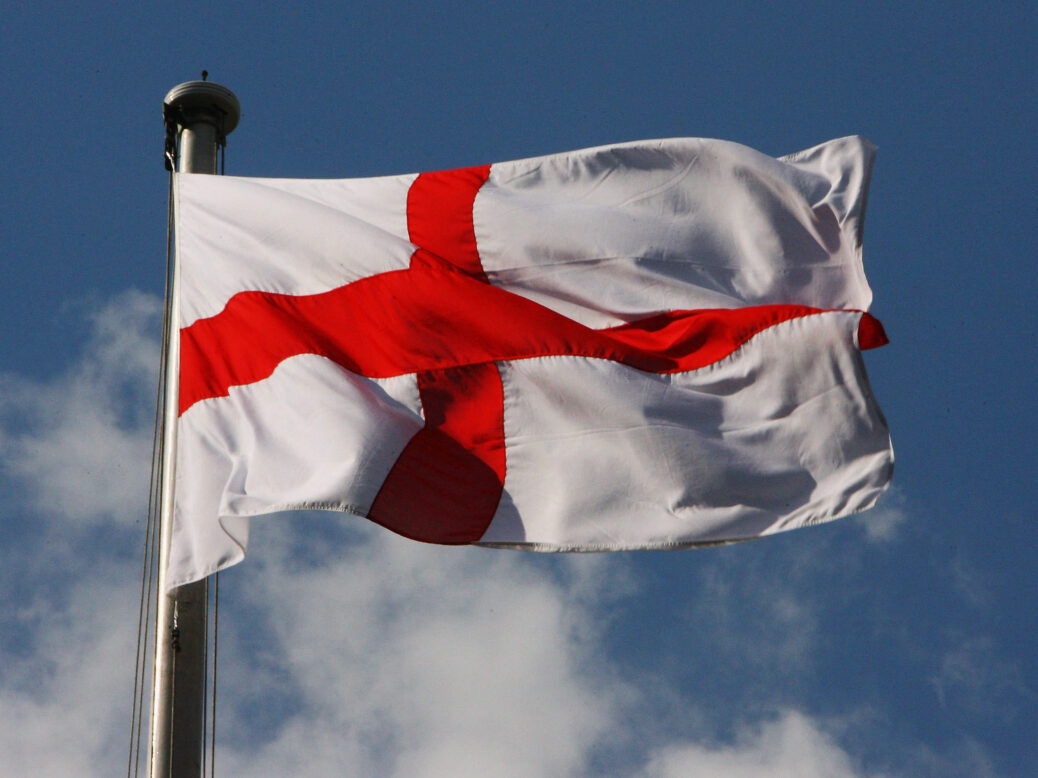
In June 2009, shortly after public regard for politicians following the MPs’ expenses scandal reached its nadir, Peter Davies was elected mayor of Doncaster. As he had run on a hard-right manifesto that promised tough punishments for “young thugs”, to cut translation services and “PC jobs” and to slash council funding for Doncaster’s annual LGBT Pride event, his tenure as mayor began to unravel only a few days after the election when he gave a car-crash interview to BBC Radio Sheffield. Under gentle quizzing from the station’s presenter Toby Foster, it emerged that Davies had not bothered to find out if he could legally fulfil his pledges.
Foster: OK, now you’re going to cut the number of councillors from 60 to 20 . . .
Davies: Well – we can appeal to their moral consciences.
Foster: You can’t do it, can you?
Davies: Look, you keep telling me what I can’t do. I’ll find out what I can’t do and if I can’t do it, I will tell . . .
Foster: You are finding out now; I’m telling you, Peter, you can’t do it. You’d have thought you [should have] thought of this before you started.
Davies was a member of the English Democrats – a fringe party that campaigns for an elected English parliament, Britain’s withdrawal from the EU and an end to “mass immigration” – and to date, his election remains their greatest achievement. Despite widespread anti-immigration sentiment, disaffection with the mainstream parties and the rise in numbers identifying as English rather than British, the party has fared poorly in local elections and received a derisory 0.17 per cent at the 2013 Eastleigh by-election.
There is one obvious reason for this lack of success: Ukip. As the political scientist Matthew Goodwin, the co-author of Revolt on the Right: Explaining Support for the Radical Right in Britain, explains, there is “no question” that Nigel Farage’s party has “hampered the progress of other radical-right movements that also target English nationalism as a recruiter of votes”.
Ukip’s support is certainly strongest in England, yet the party explicitly defines itself as British and is staunchly unionist when it comes to the UK’s member nations. Does that show there’s no appetite for English nationalism? “English identity is growing,” says Sunder Katwala of the think tank British Future, but he argues that it is usually more concerned with cultural recognition than with political representation for the English.
That desire for “cultural recognition” plays a role in votes for right-wing nationalist parties, whether they identify as British or English – a collection of “real and imagined” grievances memorably summarised by the Tory pollster Michael Ashcroft: “Schools . . . can’t hold Nativity plays . . . you can’t fly a flag of Saint George any more; you can’t call Christmas Christmas any more . . . you won’t get social housing unless you’re an immigrant; you can’t speak up about these things because you’ll be called a racist.”
With such grievances as a driving force, support for the parties can be volatile – just look at the British National Party, which five years ago was the main beneficiary of this discontent yet whose support has since drained away. It’s a lesson some of its more capable activists took to heart. After the collapse of their party following its terrible performance in the 2010 general election, they were looking around for a new home – and alighted on the English Democrats. Among them was Eddy Butler, who had been a senior member of the BNP since the 1980s, when the party did not try to hide its neo-Nazism, and who masterminded its by-election victory on the Isle of Dogs in 1993 off the back of a “Rights for Whites” campaign.
Although the English Democrats, founded in 2002 by Robin Tilbrook, a solicitor, is not fascist in origin and describes itself as “civic” (as opposed to ethnic) nationalist, its openness to former BNP members has led the anti-fascist campaign organisation Hope not Hate to list it as a “hate group”. Present and past members of the party have links with the Stop Islamisation of Europe protest group and a former BNP organiser, Chris Beverley, is a prospective lead candidate for the English Democrats in the 22 May elections for the European Parliament.
And what of Peter Davies? Shortly before he was booted out of office in 2013, he quit the English Democrats, complaining about “members of the BNP . . . being hoovered up by the party leadership”. But the boundaries between reactionaries and something more extreme are often porous – which is why it’s worth keeping an eye on the hard right, even when its most prominent activities seem to be run so incompetently.






